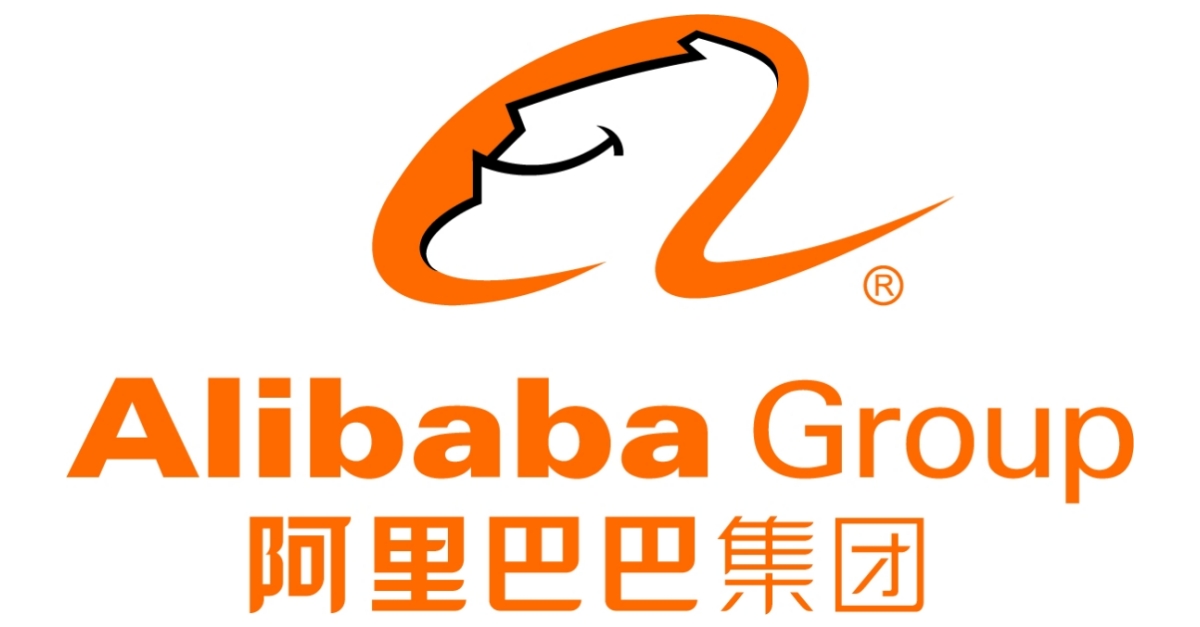
Alibaba Group Holding Ltd (9988. HK) announced plans to restructure its foreign and domestic e-commerce operations and replace its CFO, as the giant digital battles increased competition, a global economic slowdown, and regulatory scrutiny.
The company will establish two new entities, worldwide enterprise solutions, and China digital commerce, as part of its attempts to become more nimble and generate more revenue.
AliExpress, the company that sells to retail purchasers in Europe and South America, Lazada, Alibaba’s Middle Eastern e-commerce firm, and Alibaba.com, which focuses on selling to international corporate clients, will all be a member of the international digital marketing section. It will be led by Jiang Fan, who was formerly in charge of Alibaba’s primary Chinese e-commerce marketplaces. The move aligns with Alibaba’s goal of making ‘globalization’ a key focal area alongside cloud applications and domestic consumer purchasing power.
How globalization is useful
According to Hong Kong-based Guotai Junan consultant Danny Law, globalization “helps Alibaba gain fresh traffic volume outside (and) explore new development opportunities as China has been boosting oversight.”
Alibaba’s two primary marketplaces, Tmall for mainstream businesses and Taobao for all types of merchants, will be part of the China digital marketing unit. Trudy Dai, who has supported various Alibaba platforms, will be in charge.
According to 86research.com analyst Xiaoyan Wang, the organizational framework for domestic e-commerce puts Dai in control of all China retail marketplaces, including Taocaicai, its neighborhood e-commerce service, Taobao Deals, and Lingshoutong, a retail solutions provider for mom and pop enterprises.
“This might potentially yield greater synergies through cross-selling and supply chain management,” she added.
How it happened
According to the organization, Toby Xu, Alibaba’s associate chief financial officer, will take over as CFO following Maggie Wu in April, as under the business’s leadership succession plan. Xu entered Alibaba three years ago after working at PWC.
The e-commerce behemoth’s Hong Kong-listed stocks dropped 6% in early morning trade, mirroring Friday’s losses in the US.
Following Didi Global Inc’s (DIDI.N) decision to delist from New York Stock Exchange, shareholdings of Chinese companies listed in the United States have plummeted on fears of more regulatory scrutiny at home. find out more
Due to slower economic growth and tough competition from a slew of competitors, Alibaba reduced its yearly revenue growth projection last month to the lowest level since its 2014 equity market debut. Sales at its flagship event, the online shopping extravaganza Singles Day, grew at the weakest rate in history.
Chinese officials have also tightened their grip on the Internet and other industries, notably on antitrust problems, prompting Alibaba to suspend its requiring entrepreneurs to set up business only on its platforms. In April, the business was fined an unprecedented 18 billion yuan ($2.8 billion) for exploiting its market dominance.
In line with Chinese President Jinping’s demands for “shared prosperity,” Alibaba’s hallmark Singles’ Day shopping frenzy saw its slowest-ever increase this year, owing to subdued marketing efforts and a move to sustainability and charity.
Alibaba’s York Stock exchange ( NYSE price) dropped by more than 50% in the previous year. On Monday, the corporation’s Hong Kong-listed shares dropped 4.9 percent.
